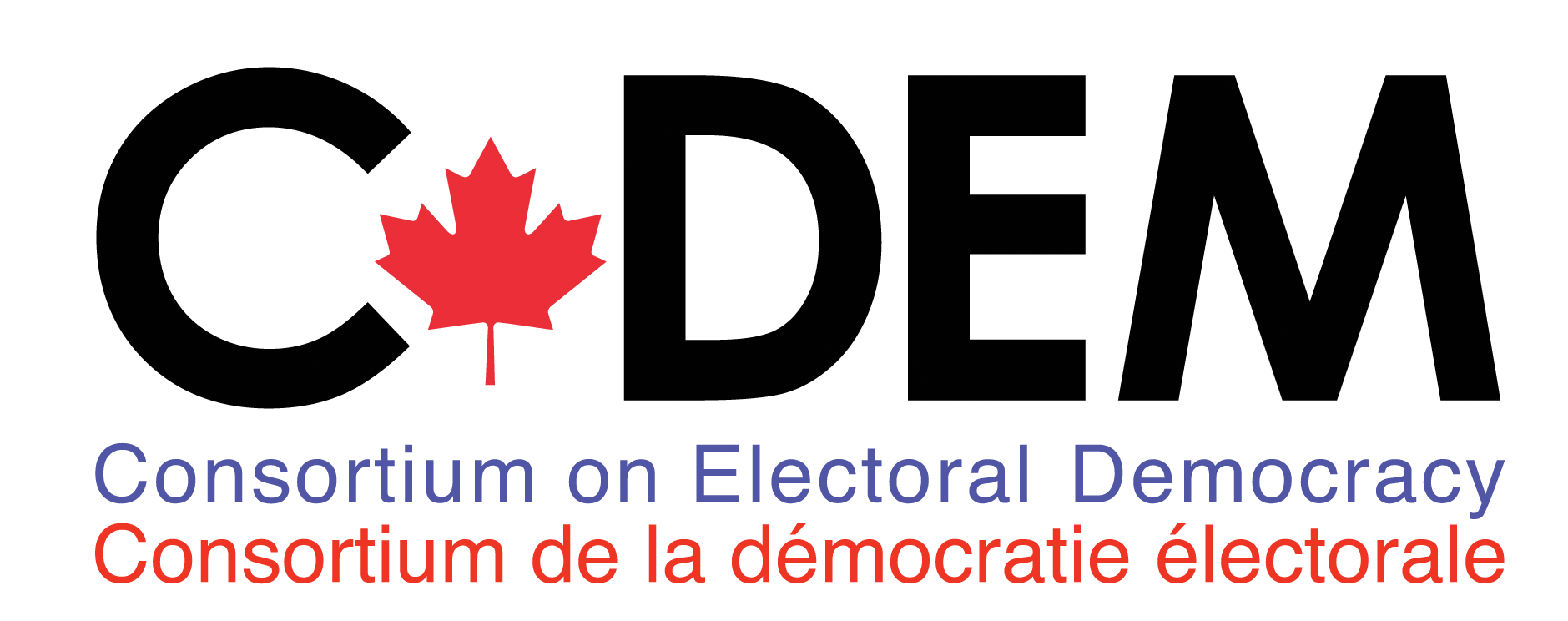Document Type
Article
Publication Date
2023
Journal
Political Psychology
First Page
1
Last Page
19
Abstract
In this study, we investigate how partisan motivations shape voters’ reactions to a political scandal by drawing on a unique survey experiment fielded immediately after Justin Trudeau’s brownface/blackface scandal broke during the 2019 Canadian election. We thus explore motivated reasoning in real time in a competitive and highly partisan election context. Are voters more willing to forgive politicians for past behavior when their own party leader’s impropriety is cued? To what extent do personal interests, such as cross-pressures or electoral concerns, affect the motivation to forgive? Our findings show that partisan-motivated reasoning is overwhelmingly powerful, producing politically biased judgments of politicians implicated in scandals. Furthermore, voters’ willingness to forgive scandals is also influenced by “strategic” considerations, in that preferences over which political party wins or loses in the election affect opinions about whether someone should be forgiven or whether the scandal is considered important at all. However, we find no evidence that personal involvement in the issue raised by the scandal conditions partisan motivations. We posit that the environment—in this case, a competitive election—is an important consideration for understanding the extent and limits of partisan-motivated reasoning.
Creative Commons License

This work is licensed under a Creative Commons Attribution-Noncommercial 4.0 License


